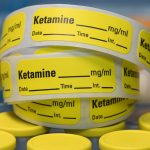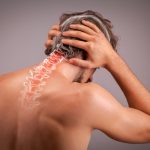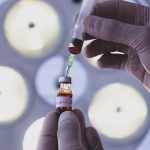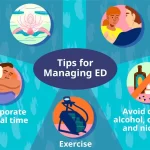Depression is a mood disorder where you experience persistent feelings of sadness, loss of interest, and anger. It can cause emotional and physical problems, altering your normal activities. Studies show one in fifteen adults are affected by depression San Diego every year, and one in six individuals will get the condition at some point in life. It can affect anyone but mostly happen to women. If you do not treat your depression, it can lead to severe complications, self-harm, or death. Your doctor can treat and manage your depression through medications, physical therapies, and brain stimulations.
Symptoms
Symptoms of depression vary in different patients based on severity, how often they occur and how long they last. Depression symptoms occur nearly every day for two weeks, including losing interest in most activities, fatigue, and feeling worthless. You can also experience sudden weight gain or loss, insomnia or excessive sleep, lack of concentration, sadness or anxiety, and moving or talking more slowly.
Causes
Brain chemistry: You may have a chemical imbalance in parts of your brain that manage mood, thoughts, sleep, appetite, and behavior leading to depression.
Hormone levels: Hormonal changes in estrogen and progesterone in females can increase the risk of developing depression. These hormone changes mainly occur during the menstrual, postpartum, or menopause cycle.
Family history: You have a chance of developing depression if your family has a history of depression or mood disorders.
Early childhood trauma: Events you experience in your childhood can affect the way your body responds to fear and stressful issues.
Medical conditions: Specific illnesses can increase your chances of having depression, such as stroke, heart attack, cancer, chronic pain, and insomnia.
Substance use: Long-term abuse of drugs and alcohol can lead to depression.
Pain: Prolonged emotional or chronic physical pain can put you at risk of having depression.
Treatment
Medication: Antidepressants can help change your brain chemistry, causing depression. You may take a few weeks before seeing these medications’ effects. You can also experience side effects, but they usually improve with time.
Psychotherapy: Speaking with a depression therapist can help you manage and control negative feelings. During the talk, your specialist identifies the factors contributing to your depression. You will learn how to cope with them. In most cases, psychotherapy is used alongside medications for effective results.
Electroconvulsive therapy (ECT): During the ECT process, your doctor will administer anesthesia that puts you between five to ten minutes of sleep. The doctor places cardiac monitoring pads on your chest and four electrodes on particular sections of your head. The electrodes will deliver Short electrical pulses for a few seconds, and you will not convulse or feel the electrical current. You will wake up some minutes after the treatment. ECT induces seizures and helps improve your symptoms if you have clinical depression. Doctors mostly use this procedure if you have severe depression or your condition is not responding to other treatment techniques.
In addition to medical treatment, you can manage your depression through exercise, avoiding drug abuse, a healthy diet, and getting enough sleep. Schedule an appointment at MindSet for depression treatment to improve your overall quality of life.








